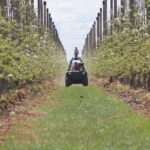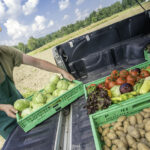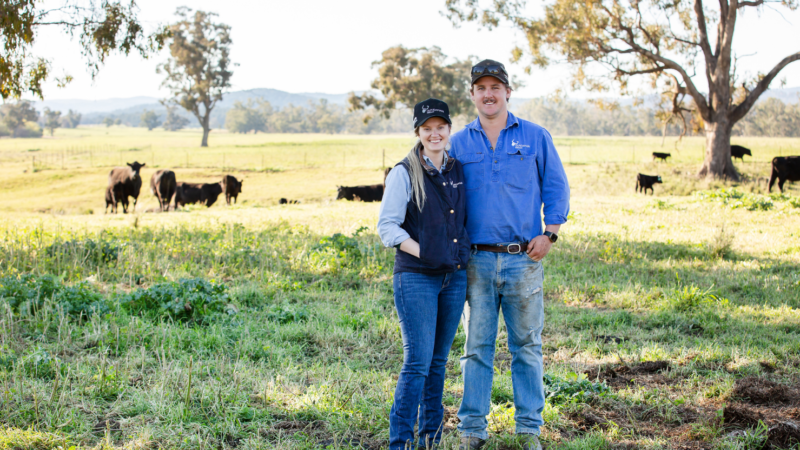You may recall the scene in Terminator where Arnold Schwarzenegger reaches out and says �…
Hort Innovation in vertical farming collaboration
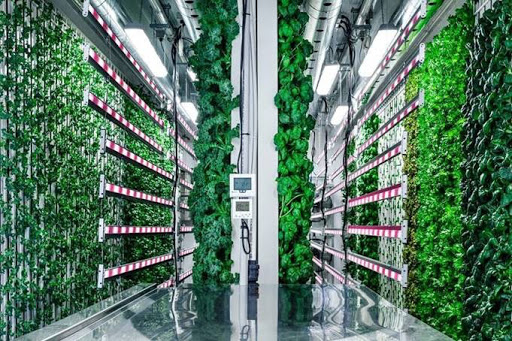
Hort Innovation is working with a consortium, led by agricultural consultancy RMCG in partnership with the University of Technology (Sydney) and global urban agriculture consultancy Agritecture, to assess the potential new technologies, such as vertical farming, could have in Australia.
There is a growing movement around the world to make more use of urban space � including rooftops, walls and even underground areas � to produce the food needed to meet the growing demands of the population.
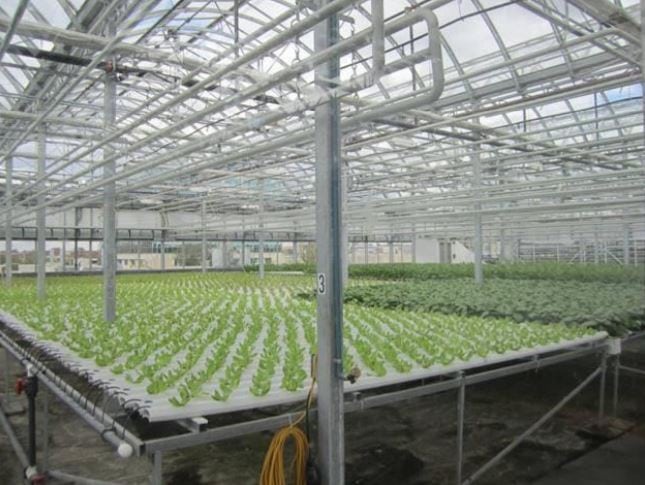
Hort Innovation Chief Executive Officer Matt Brand says the consortium will spend the next six months assessing how best to apply these emerging farming technologies in urban areas and regional hubs in Australia.
�Bringing such technology to Australia will attract capital and new entrants to the sector with new ideas, approaches and mindsets,” Matt said.
“It gives us the opportunity to grow more from less and to keep demonstrating the good work that Australian growers do � day in, day out � providing food to families both here and overseas.”
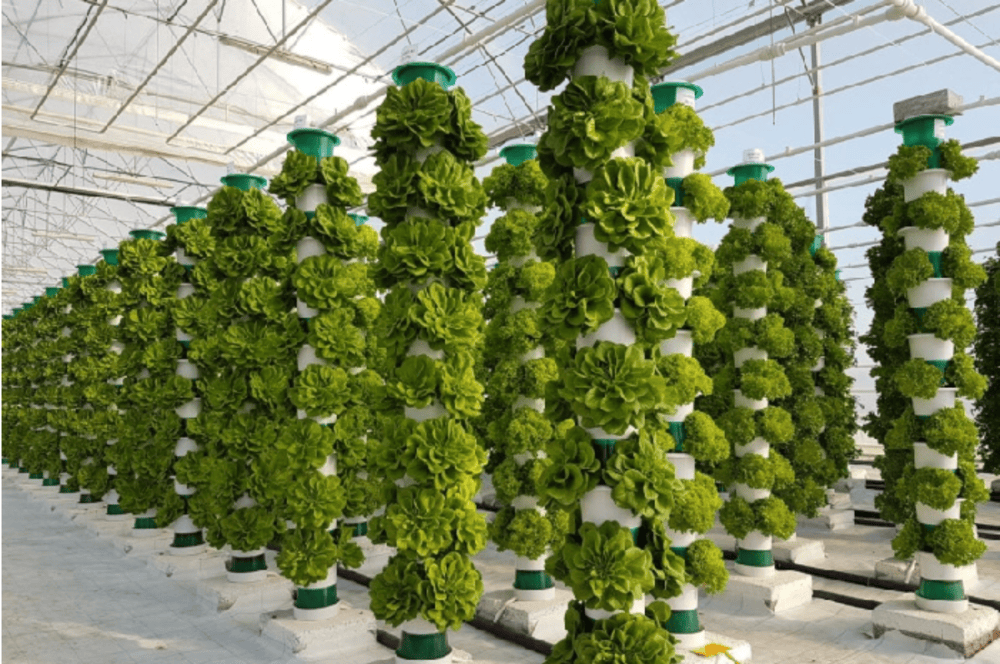
High-tech approach part of overall mix
Matt said regional areas and hubs also fit into the urban context in Australia, adding this type of production technology could become part of the diversity and variety that is Australian horticulture.
�High technology horticulture may have the potential to play a significant role in increasing Australia�s horticulture sector value and help achieve Australia�s target of a $30 billion industry by 2030,� Matt said.
What will be looked at?
The consortium will examine the following key areas:
- Regulation and planning
- Farm input and waste
- Supply chain logistics
- Social, environmental and economic aspects
It will involve a high-level literature review, modelling of the social, economic and environmental impacts, and detailed analysis of how the economics of high technology urban systems compare to traditional farming systems.
The outcomes of the study will identify future priorities for research, development and extension activities and investment into Australian high technology horticulture in urban areas.
The study is being guided by an industry-led reference group including growers and emerging commercial leaders engaged in urban high technology horticulture in Brisbane and Sydney, members of local city councils, and subject-matter experts in protected cropping.
Greenhouse and hydroponic consultant Graeme Smith said: �The benefits to growers and Australia by use of technology such as vertical farm systems and hydroponics is local fresh food production and delivery systems that have the potential to redefine horticulture by optimising yield, quality, produce uniformity with reliability of supply every day of the year with little to no supply gaps.
“These new systems certainly are the modern face of horticulture that should complement the current supply chain in a key range of nutritious and delicious produce.�
If you enjoyed our feature on vertical farming, you might like our story on drones and how they can be use to farmers.


